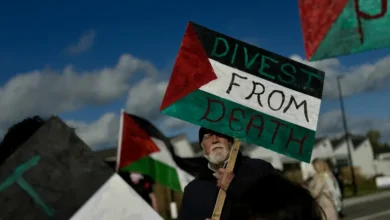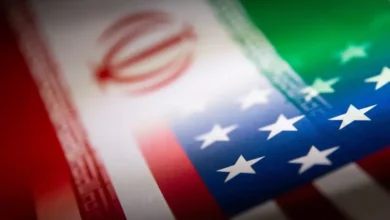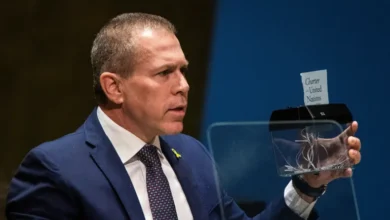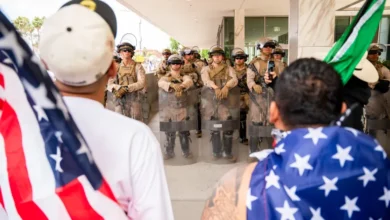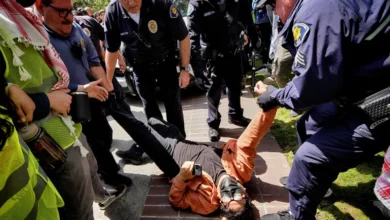America’s promises of racial justice remain unfulfilled and untrustworthy
Donald Earl Collins
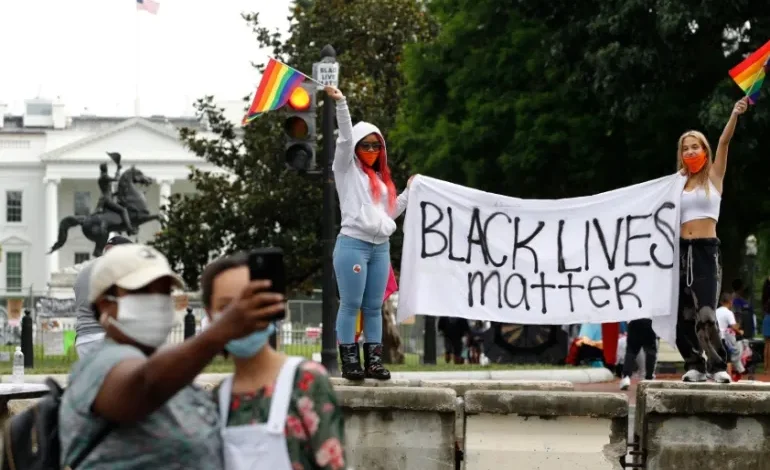
It appears that the corner the United States supposedly turned in 2020 in recognising and addressing its systemic racism was just another dead end – an illusion that provided the nation with a brief feel-good moment and nothing more. For all the promises to tackle discrimination in education, employment, housing and law enforcement made in the midst of the COVID-19 pandemic, the Black Lives Matter mass protests, and a particularly contentious presidential election in 2020, very little has actually been achieved in bridging the deep racial fissures in American society.
It would seem that all the promises American leaders made four years ago were only meant to stall for time. “We can deliver racial justice,” President Joe Biden said after his election in 2020, but his promise was clearly a hollow one. Biden hoped that the national conversation would shift, the US would return to business as usual, and its massive racism problem would be swept back under the proverbial rug.
That all the ambitious antiracism promises have been abandoned in just a short few years is not surprising, as the same has happened many times before in American history.
Just months after the passage of the Civil Rights Act in December 1964, for example, Malcolm X told a crowd at the University of Oxford that he did not expect the bill to bring meaningful change.
“[T]he same things are happening to us in 1964 that happened in 1954, 1924 and 1884…No matter how many bills pass, [Black people’s] lives are not worth two cents.”
One can easily add 2024 to the mix of “the same as it ever was” on the issue of persistent racism and discrimination in the US.
Yes, 2020 saw unprecedented protests and equally unprecedented promises from American leaders to deliver racial justice. Yet, in a June 2024 Pew Research survey, three out of four African Americans still said they experience discrimination “regularly” or “from time to time”, and that “these experiences make them feel like the system is set up for their failure”. A Washington Post-Ipsos poll from April, meanwhile, showed that one-third of Black folk believe integration has not “improved the quality of education received by Black students”, mostly because persistent residential segregation has defeated efforts at school desegregation. Whether in 1964 or 2024, the half-measures and mediocre promises of the federal government and other American institutions to deal with systemic racism are not worthy of trust.
It’s hard to believe that just four years ago, the United States experienced what some believed to be a seismic social justice shift. The police murders of Black Americans, like Breonna Taylor and especially George Floyd, led to months of Black Lives Matter-driven protests with calls for abolishing the police and defunding law enforcement. Cities like Minneapolis and Washington, DC initially acquiesced in what many believed to be a commitment towards defunding law enforcement in favour of mental health services and other forms of non-violent de-escalation for vulnerable populations.
But in the four years since, every major city where “defund the police” had made some inroads has increased its law enforcement budget. The Biden administration has committed billions of dollars to “fund the police” even more. Barely a year after the mass protests, politicians in Minneapolis, in Portland, Oregon, and in Congress abandoned those initial commitments, citing increases in crime in 2021. Despite all the conversations around restorative justice, leaders across the US have opted for the same racist, classist and ableist policing that led to the killing of George Floyd in 2020. All while ignoring how the decline in crime rates actually came alongside a decline in law enforcement employment – through retirements and resignations – in the cities it was observed.
In 2020, Americans also witnessed so many make commitments to undertake “antiracism” work. Corporations and private foundations invested millions of their dollars in programming around diversity, equity and inclusion (DEI). They invited prominent antiracism scholars like Ibram X Kendi and Robin DiAngelo to speak at scores of workshops and trainings, and poured money into antiracism and DEI centres housed in NGOs and at universities with the intent of “dismantling racism for good”.
Four years later, as the Black Lives Matter signs on the front lawns of liberal Americans have begun to fade, so have the efforts to dismantle endemic and systemic racism through DEI trainings and antiracism workshops. Kendi’s Boston University Center for Antiracism Research, for example, had “gone from raising $40 million in 2020 to a fraction of that — $420,000 —” in 2021.
Some critics across the political spectrum have accused Kendi, DiAngelo and others involved in antiracist work of being opportunists, even grifters. Powerful Americans on the far right, meanwhile, have used their deep discomfort over antiracist work and DEI programmes to attack and ban such efforts.
Since 2021, more than 12 states have passed legislation curtailing or ending DEI-affiliated programmes in K-12 education, public colleges and universities, as well as in businesses and NGOs that intended to use state or federal funds for such purposes. The commitment to DEI in the private sector has also waned. According to data gathered by Revelio Labs, “DEI jobs peaked in early 2023 before falling five percent that year”, and fell a further 8 percent in the first two months of 2024. Folks from various political backgrounds have also gone on the attack against any race-based programmes that exclude white people. A federal district court recently ruled unconstitutional a venture capital fund created to help Black women become entrepreneurs, something the plaintiffs saw as “racist”.

